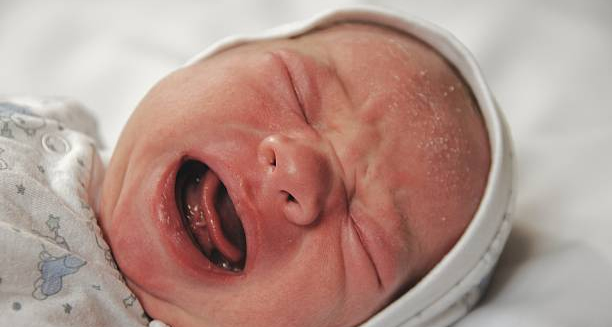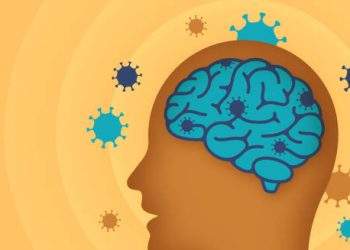Complications and Recovery from Cradle Cap
Complications and recovery from cradle cap are generally minimal, as the condition is benign and self-resolving. Most infants recover without any need for medical intervention, and the condition typically disappears within the first year of life. However, in some cases, cradle cap may persist longer or lead to mild complications if improperly managed.
Potential Complications
Secondary infections: If the skin becomes irritated through excessive scrubbing or if scales are forcibly removed, cracks can appear, allowing bacteria to enter. Signs include redness, oozing, or a foul smell, in which case medical treatment may be needed.
Hair thinning or loss: Some babies may temporarily lose hair where the scales were thick, but this usually regrows once the cradle cap resolves.
Spreading to other areas: While cradle cap is typically localised to the scalp, it can spread to areas like the eyebrows, eyelids, behind the ears, or the nappy area, especially in severe cases.
When to See a Doctor
Parents should consult a doctor if:
The rash spreads rapidly or becomes inflamed
There is evidence of infection (e.g. pus, fever)
The condition does not improve after several weeks of home treatment
The baby appears irritable or unwell in conjunction with the rash
Most concerns are minor and easily resolved with topical treatments or improved care routines.
Recovery Timeline | Complications and Recovery from Cradle Cap
Mild cases often clear up in a few weeks with regular shampooing
Moderate cases may take a few months but typically do not require medical treatment
Severe cases may need antifungal or steroid treatment and closer monitoring
Preventing Recurrence
There is no guaranteed way to prevent cradle cap, but regular washing with mild shampoo and avoiding heavy oils or hair products can help reduce build-up. Ensuring the scalp remains clean and dry also helps.
Emotional Reassurance for Parents
Seeing thick, scaly patches on a baby’s scalp can be distressing for new parents. Reassurance that cradle cap is temporary, painless, and manageable is crucial in reducing unnecessary worry or overtreatment.
In conclusion, complications and recovery from cradle cap are rare and manageable. With gentle care and patience, the condition resolves completely, leaving no lasting impact on the child’s health or development.


